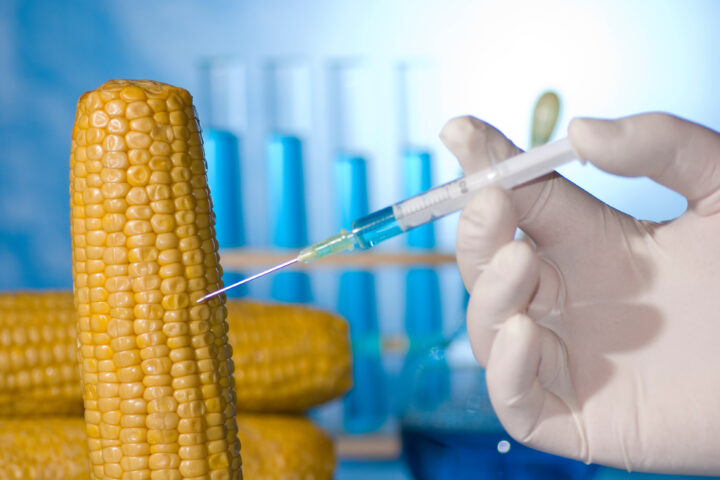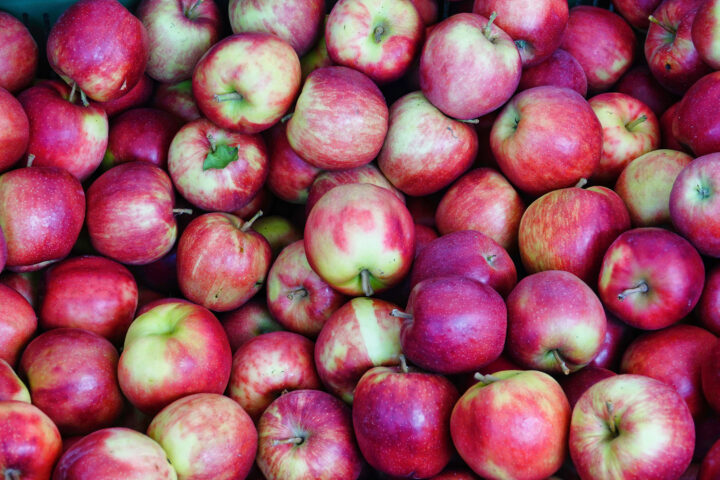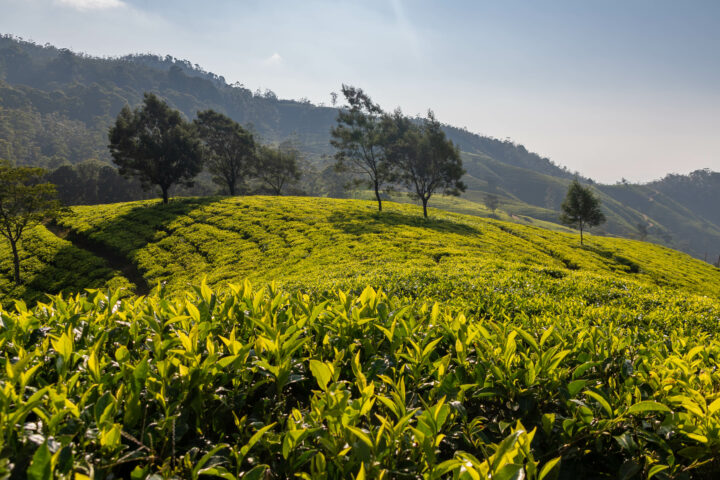Politics seems resistant to facts
Sunday, May 5, 2024
In the USA, petunia plants that glow at night will be coming onto the market in the next few weeks. Surprisingly, these plants are freely available there, even if they contain genes from a fungus (www.light.bio). They are therefore plants that have been bred using classical genetic engineering.
In Switzerland, the sale of these petunias would be prohibited, as any planting of such plants in a garden would be considered a release. Cultivation for commercial purposes would be prohibited, and planting for research purposes would require authorisation for each individual case (location). The law does not provide for the cultivation of such plants purely for pleasure anyway. This example shows how differently plants bred using classical genetic engineering are regulated at national level.
In international comparison, Switzerland has legislation that can be categorised as very restrictive. In the past, the Swiss parliament has decided to extend the moratorium on genetic engineering in agriculture every four years (genetic engineering is now taken for granted in medical applications).
The justifications for these extensions are always different and have long been scientifically incomprehensible: Back in 2012, a National Research Programme on the benefits and risks of genetically modified plants concluded that genetically modified plants «pose no greater risk to the environment or food safety than traditional and conventionally bred crops». This finding, confirmed by many other similar studies worldwide, has left no trace in Switzerland's legislation: the ban remains in place and is politically motivated.
Switzerland at an impasse
In addition to «classic» genetic engineering, which has been used commercially for around 30 years, the moratorium on genetic engineering in Switzerland also affects plant varieties that have been bred using new plant breeding methods (genome editing, e.g. Crispr/Cas9). In most cases, these plants do not contain any newly introduced genes and could also have arisen naturally: even rare genetic changes in the genome occur spontaneously in nature.
This means that many plants that have been bred using the new methods are identical to naturally occurring plants. They cannot be distinguished analytically and have the same biological properties.
It is foreseeable that a different legal assessment of the same plant based solely on the method by which it was produced (mutation breeding as a classic method vs. new plant breeding methods) cannot be controlled in practice. This will result in major uncertainties and difficulties in trade.
While a new law on the science-based assessment of new plant breeding methods is at least in the parliamentary process in the EU, the responsible administrative bodies in Switzerland seem to be of the opinion that a stricter solution with a «Swiss finish» is necessary compared to the EU proposal.
A major challenge
There is therefore a risk that the scientifically unfounded regulation will continue in Switzerland and that we will increasingly find ourselves at an international dead end. The new methods provide plant breeding with very helpful new tools to develop varieties that are adapted to rapidly changing and very challenging environmental conditions: Climate change, drought, but also intermittent wetness, new pathogens and the need for additional food are just some of the major challenges we face globally. In this situation, it is unwise to ban or restrictively regulate new methods.
In 1952, Liechtenstein banned the cultivation of hybrid maize «to protect the indigenous maize varieties as bread grain». This shows that new plant breeding methods were already controversial and banned in the past. However, the example makes it clear that such a prohibition culture leads to a dead end and is by no means the model for the agriculture of the future. Experience shows that plant breeding, even with new methods, is a safe technology.
It is important and right to evaluate the products of plant breeding on the basis of their properties and, if necessary, to regulate them. Legal regulation based on the production method is unscientific, inappropriate and simply not relevant. Or have you ever asked in a restaurant whether the fine rösti was cooked on an electric or gas hob?
Kindly note:
We, a non-native editorial team value clear and faultless communication. At times we have to prioritize speed over perfection, utilizing tools, that are still learning.
We are deepL sorry for any observed stylistic or spelling errors.
Related articles

Science resists ban on GMO crops
The Supreme Court in the Philippines wants to stop the cultivation of genetically modified plants Golden Rice and Bt aubergine (Bacillus thuringiensis). This is anything but well received by the government and the scientific community: The ban could jeopardise the country's food security.

Enabling what is inevitable
The opponents of progress are once again in the starting blocks. In mid-April, critics of genetic engineering announced a popular initiative aimed at making any relaxation of the existing moratorium on genetic engineering impossible. The exact wording is not yet known, but the statements made by the exponents make it clear that the total blockade on modern plant breeding is to be enshrined in the constitution.

Where the focus lies in apple breeding
The new head of Agroscope's fruit breeding research group is Andrea Patocchi. In an interview with the trade journal Obst + Wein, he explains where the focus of apple breeding lies today.

Chinese robot picks tea
There is a shortage of tea pickers in China. A robot developed by a researcher is set to remedy the situation and take over the work in future. Thanks to artificial intelligence, the machine can even recognise the shoots of the tea plant. The first harvesting robots are also already being developed in Switzerland.

